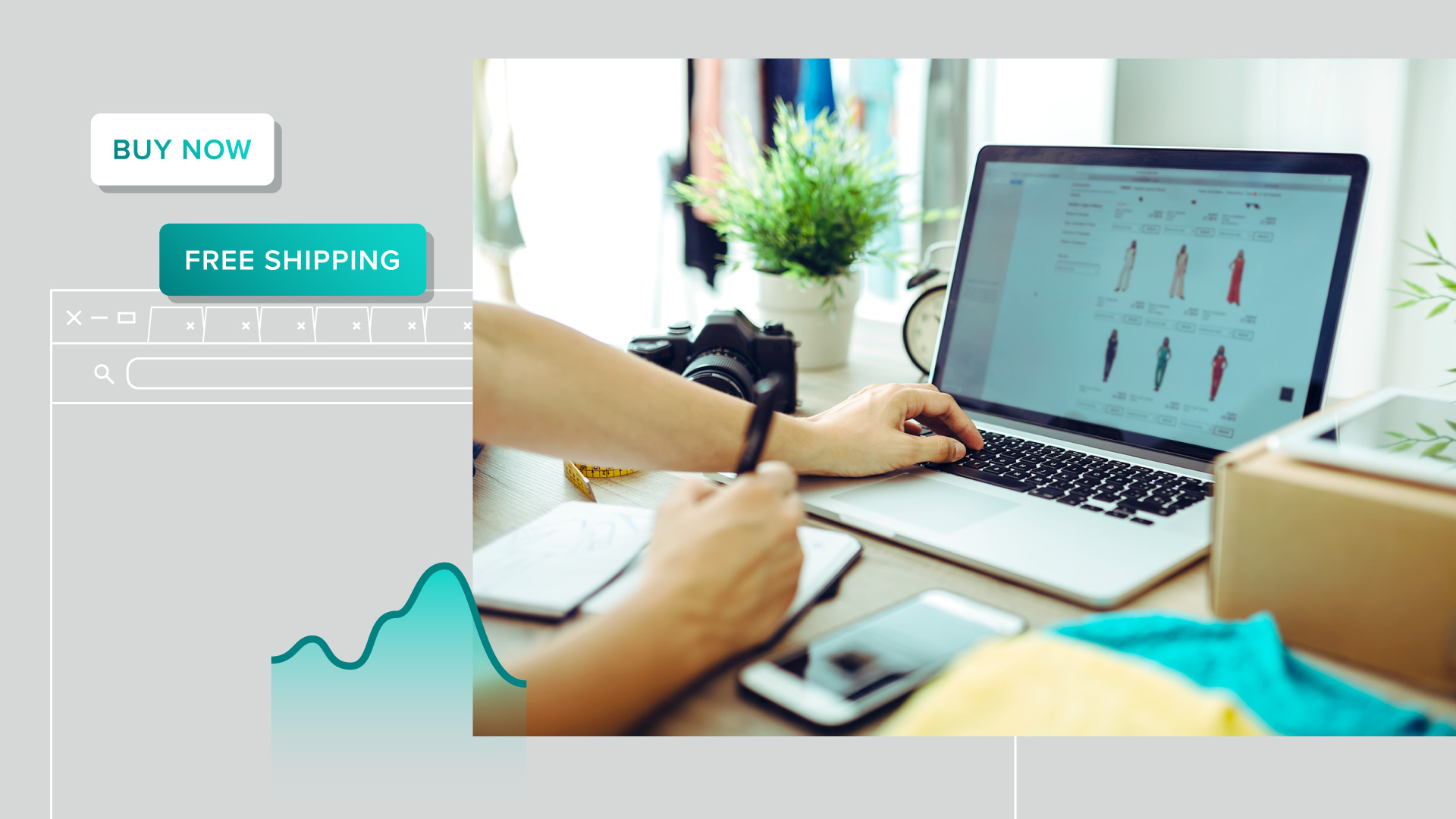Consumers Increasingly Turn to Affordable Options — What Brands Do They Think Are a Good Value?

Key Takeaways
The share of U.S. adults who say they “tend toward the less expensive or more affordable option” increased from 74% in the first quarter of 2021 to 81% in the first 2 months of 2025. A similar increase occurred across all income groups.
A pessimistic view of current financial decisions characterizes these affordability-focused shoppers, and is apparent in their real-world purchase decisions. They’re more likely to choose used cars over new, and shop less often in general.
Affordability-oriented shoppers also perceive brand value differently: They give higher net value ratings to private label brands, and others that tend to be competitively priced in their categories.
Everybody’s looking for a deal. In their latest earnings release Walmart once again cited gains with upper-income households as a driving force of sales growth, a consistent trend since inflation captured the nation’s focus in its claws. Whether the cause was supply chain snarls, the current bird flu impacting egg prices, or the promise of increased import tariffs increasing consumer prices, higher cost of living isn’t going anywhere.
Consumers are weary from accelerated cost of living increases over the last few years, and even if their individual wage gains are outpacing inflation, sticker shock raises eyebrows and changes behavior.
Consumers across income groups are increasingly inclined toward affordable options
A daily Morning Consult survey asks respondents if they “tend towards the less expensive or more affordable option,” and the share who do has been steadily climbing since we started asking the question in 2021, even among wealthy respondents earning over $200,000 annually.
A tendency toward affordability is rising across all consumer income groups
The steepest shift occurred across 2021 and 2022 when inflation spiked to 9.1% in mid 2022, and leveled off somewhat in 2024, especially for the higher earners in this analysis. However, current prices, and their prevalence in discussions on social media and news headlines, don’t indicate this trend will reverse any time soon.
Near-term financial concerns drive consumers to affordable choices
The consumer sentiment profile for those choosing affordability reveals that they’re particularly negative about their current personal financial conditions. When asked if they are better or worse off financially than they were a year ago, 39% of those who choose affordable options said they’re worse off. That number drops to 27% for those unconcerned with affordability.
Both groups maintain a more positive outlook about their future financial conditions, in that they hold a rosier sentiment when asked to predict if they’ll be better or worse off a year from now. The gap in those responses is much smaller than it is for present conditions.
Consumers inclined toward affordability have pessimistic outlooks

A pessimistic outlook on current buying conditions impacts both big and small ticket shopping decisions. Shoppers who tend toward affordability are more likely to say they bought a used car, not a new car, and slightly less likely to have bought or moved into a new home. Shoppers concerned with affordability also just shop less often than others. They’re more likely to shop online once a month or less often than those not concerned with affordability, who tend to shop online more frequently.
Value brands stand to gain from the shift toward affordability
According to Morning Consult Intelligence’s brand data, Mark Cuban Cost Plus Drugs stands out from the pack as a brand providing good value for its customers among those who seek out more affordable options. The low cost prescription drug provider received a net value score of 30.7 — 22 points higher than the score from respondents who don’t prioritize affordability. Net value is the share of survey respondents who said the brand has good value, minus the share who said it has poor value.
Private label brands like Great Value and Member’s Mark also stand out with consumers prioritizing affordability. Grocery prices have been at the center of consumers’ complaints about inflation driving up the cost of living, so it’s no surprise that shoppers will shift away from name brand products to store brands to save a few bucks.
That’s not to say all name brands have something to lose if this shift toward affordability continues: Several name brand apparel and CPG brands also made the list (Hanes, Friskies, and Dickies, for example), but these brands are also known for keeping their prices lower than many competitors.
Top 20 Standout Brands of Consumers Who Prioritize Affordability

Brands at the opposite end of the spectrum include premium alcohol (Dom Perignon, Johnnie Walker), Peloton, Starbucks, and high-end fashion (Armani, Dior). Financial brands that serve risk tolerant consumers like Coinbase, Bitcoin, and a casino are also seen as higher value by those who aren’t concerned about affordability.